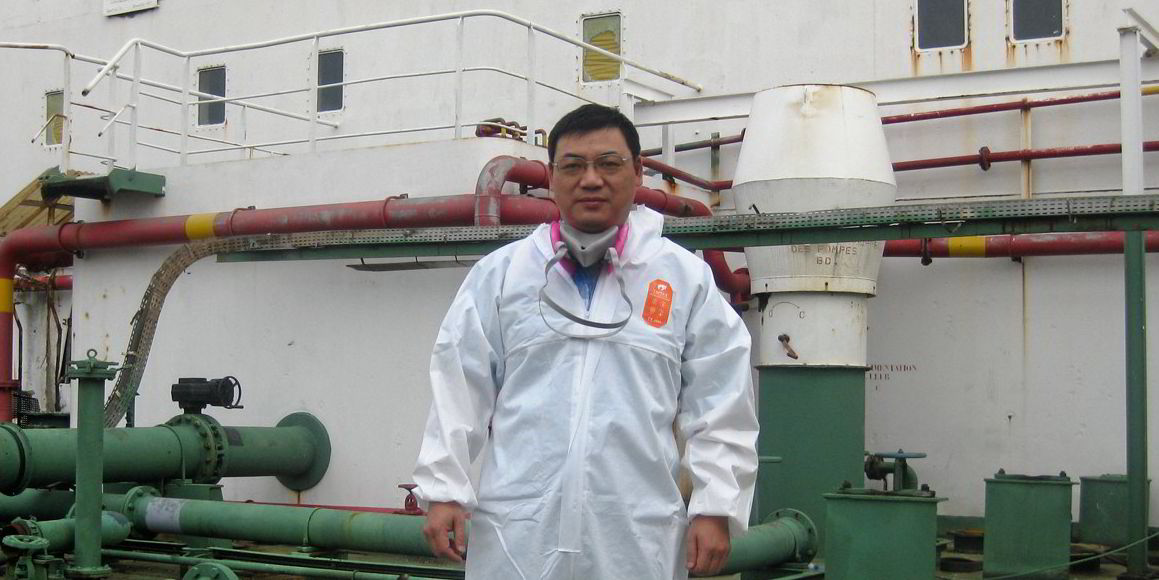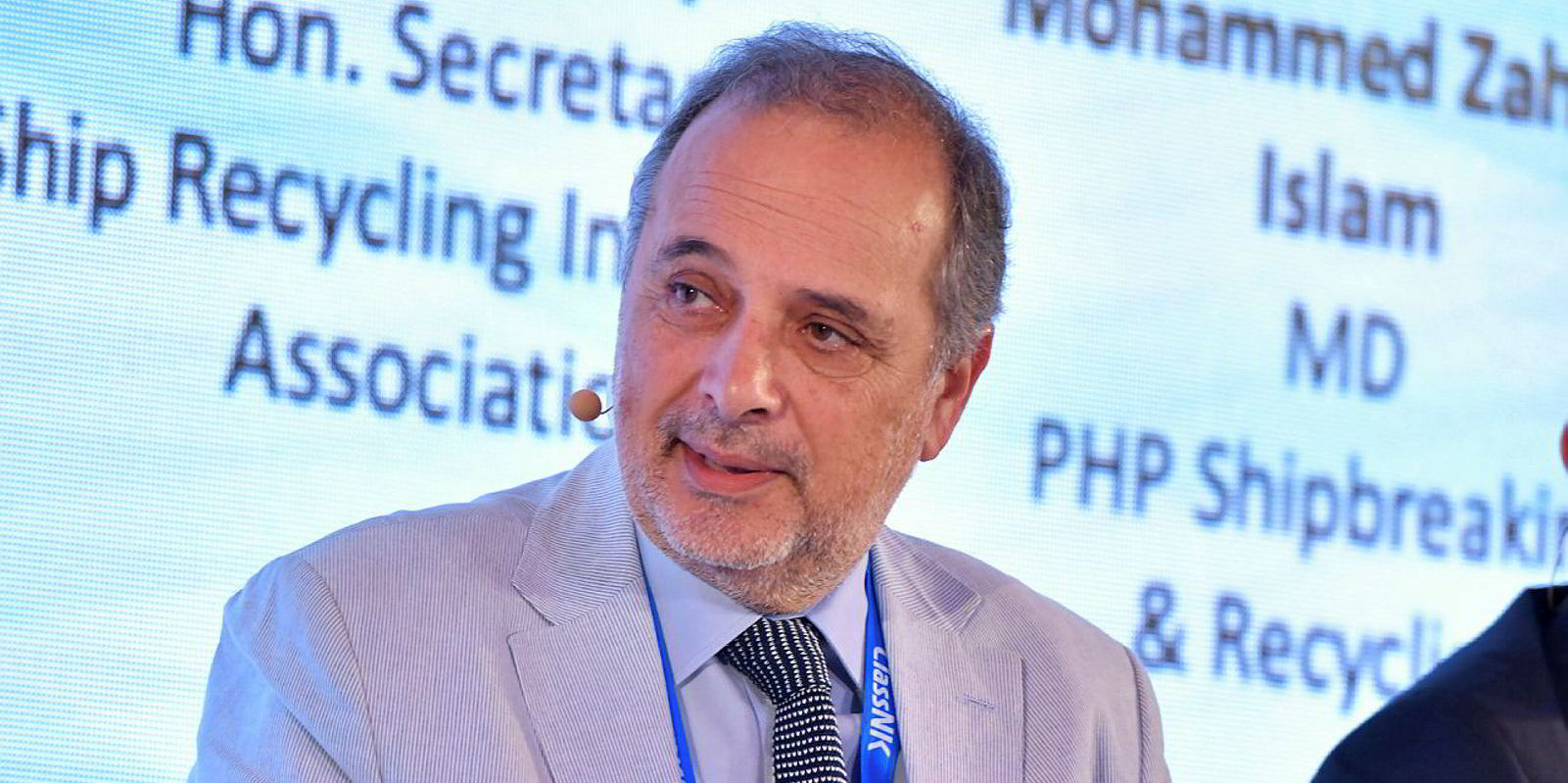China has yet to sign up to the Hong Kong International Convention for the Safe and Environmentally Sound Recycling of Ships.
It is not something that bothers Chinese ship-recycling expert Harry Wang.
The convention, he said, has been abused “by some commercial companies, classification societies and ship-breaking yards, which made the convention lose its function”.
Wang accused these entities of using the Hong Kong Convention “for protection to continue recycling ships the dirty way”.
Waste disposal infrastructure at some South Asian yards, he alleged, is “there just for show”.
But his main argument is that it is not possible to recycle ships to a high standard of safety and environmental protection using the beaching method.
The method is permissible under the Hong Kong Convention, which does not specify the method of dismantling provided it is done in a safe manner that does not pollute the environment.
'Beaching not at fault'
Recycling consultant and Hong Kong Convention architect Dr Nikos Mikelis has long argued at ship-recycling conferences that beaching carried out correctly can result in safe, sustainable recycling.
He has argued that it is not beaching that is at fault, but the need for proper management, training of workers and introduction of technologies.
The European Union’s Ship Recycling Regulation is stricter. It requires that secondary cutting outside of the hull be done above impermeable concrete, with no material from the vessel coming into contact with the intertidal zone.
Several Turkish recycling facilities equipped with concrete aprons and large cranes have received EU approval.
Mikelis, in a letter to TradeWinds in August, said a number of yards at Alang had upgraded their facilities in a similar manner and were capable of meeting EU standards, but had yet to receive approval.
However, Wang said he remained steadfastly unconvinced by the pro-beaching arguments based on his years of experience with green recycling.
Veteran consultant
Wang holds a marine engineering degree and has spent the past 33 years involved in ship design, shipbuilding, ship repair and ship recycling, working in China, Singapore and Japan.
He joined P&O Nedlloyd in 2020 as the project manager in charge of a groundbreaking sustainable ship-recycling project by China and the Netherlands at Jiangyin Changjiang Shipbreaking Yard.
The aim was to revamp the entire recycling process by improving management systems, cutting procedures, introducing special oil treatment zones, and developing a waste-disposal system.
This led to the setting up of standard procedures and facilities in China to handle asbestos waste according to EU and US rules and regulation.
It also led to new concepts such as an inventory of hazardous materials and a ship-recycling plan, both of which are reflected in the Hong Kong Convention.
Wang moved to AP Moller-Maersk after the Danish shipping giant bought P&O Nedlloyd. In 2011, after Maersk withdrew from the green recycling of third-party vessels, Wang joined newly formed green recycling consultancy Sea2Cradle.
During this time, Wang managed 99 recycling projects covering vessels across the spectrum of ship types.
In 2019, he set up Jiangyin Pioneer Environment Consult Co, which advises Chinese recycling yards and shipowners on sustainable recycling.






